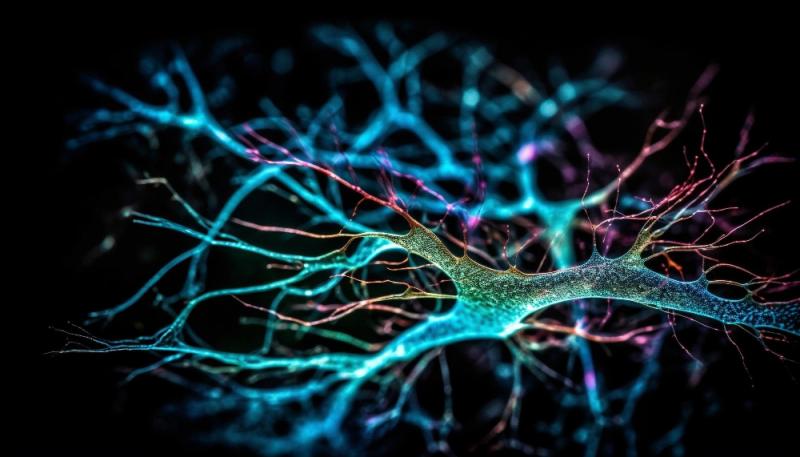What are neurotransmitters and how does the test work?
Mental fatigue, moodiness, stress, depression, feelings of hopelessness, hallucinations, schizophrenia and even Parkinson's disease are all linked to an imbalance of important chemicals in the brain - called neurotransmitters. When the amount of neurotransmitters is insufficient, signal transmission between neurons is disrupted, resulting in mood disorders and general emotional instability. Excessive amounts of neurotransmitters in the brain, on the other hand, can lead to overstimulation of neurons, which can be equally problematic.
At IPPM, we offer a non-invasive neurotransmitter analysis from urine to determine the level of each neurotransmitter in your body. The test is characterized by its simplicity and the wide range of neurotransmitters included in the results. We recommend the test to anyone who is interested in improving their mental state and emotional balance. Based on the results, we will advise you on what specific changes to make to help you improve your vitality and emotional well-being.
However, please note that this test is not a substitute for psychological or psychiatric examination. The results of the urine neurotransmitter levels are only indicative and cannot be used for diagnosing mental or psychiatric illnesses.

 SK
SK
